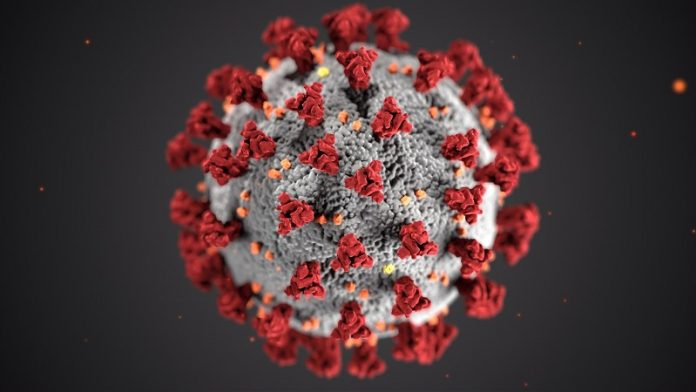
In a study from Karolinska Institutet, scientists found that people with acute COVID-19 infection have increased levels of the cytokine IL-26 in their blood.
Moreover, high IL-26 levels correlate with an exaggerated inflammatory response that signifies severe cases of the disease.
The findings showed that IL-26 is a potential biomarker for severe COVID-19.
Vaccines for SARS-CoV-2 have proven effective at reducing the number of cases of severe COVID-19.
However, the emergence of new viral variants, limited distribution of the vaccine, and declining immunity are problems that drive scientists to find more efficacious treatments for the disease.
In the study, the researchers tried to ascertain whether immune signaling via the cytokine interleukin-26 (IL-26) is involved in severe COVID-19.
To study how the molecule is involved in COVID-19, the scientists recruited 49 patients who had been hospitalized with SARS-CoV-2 infection, 44 of whom had severe symptoms and needed oxygen therapy.
The patients were recruited at a hospital in Stockholm from June 2020 to January 2021. A control group of 27 healthy people was also recruited during the same period.
The researchers then measured levels of IL-26 protein and other inflammatory compounds in the blood.
They showed for the first time that blood levels of the cytokine IL-26 are much higher in patients with COVID-19 than in healthy controls.
The researchers could also see that the increase was associated with the so-called cytokine storm—an excessive and dangerous inflammatory response that signifies severe cases of COVID-19.
They say the new discovery gives them a potential biomarker for severe COVID-19, but given the antiviral effects of IL-26, they may also have identified a new therapeutic target.
The results are promising but are preliminary and warrant further study with a larger patient group.
If you care about COVID, please read studies about the cause of post-COVID syndromes, and how vitamin B may help fight COVID-19.
For more information about COVID, please see recent studies about rare blood clots after COVID-19 vaccination, and new therapy from bananas may help treat COVID-19.
The study was conducted by Eduardo Cardenas et al and published in Frontiers in Immunology.
Copyright © 2022 Knowridge Science Report. All rights reserved.



